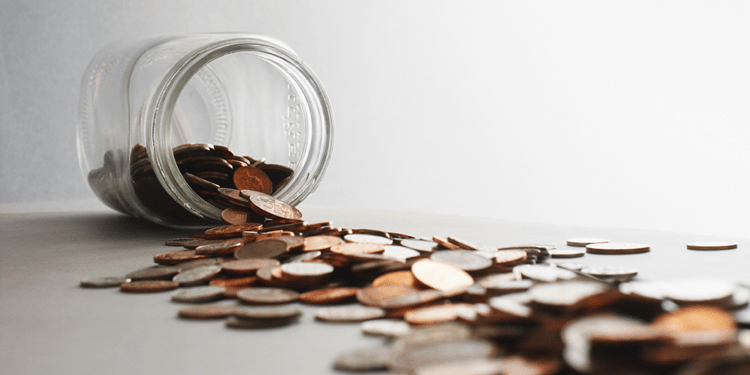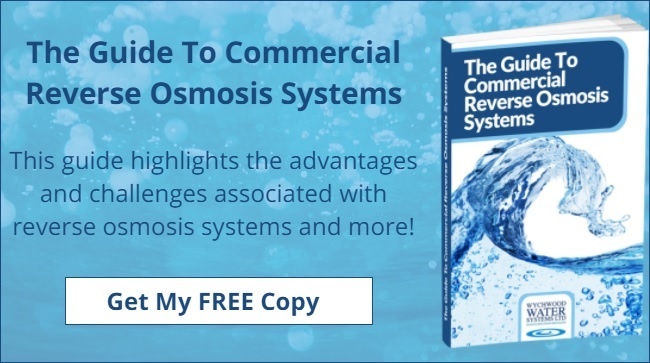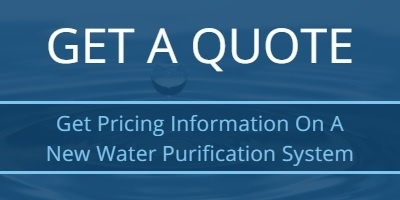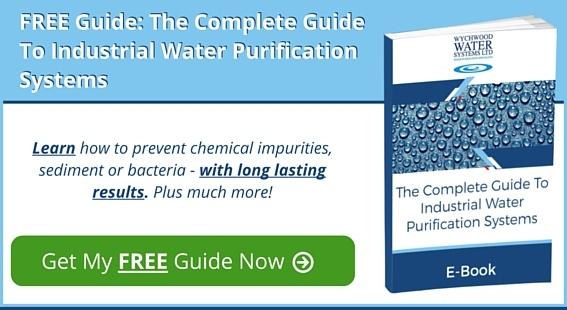
Deionisation of water has proven to be very effective in purifying water at an ionic level, maintaining ph and even bacteria eradication. The reason is the process removes ionic impurities, while releasing hydrogen and hydroxyl ions into the water, which hastily combine to form pure water, thus providing a sample of water that is mineral free, high-purity, and with a completely neutral ph level of 7.
This water is preferred for a range of industrial process applications because of its high purity and sterility. It is used in coolants because it has no ions that can interfere with the electric balance of such systems. It is also used in factories to clean metal parts of machines because it has no ions that could cause corrosion of the metal parts or rust. Deionised water has many uses and deionisation has become the preferred water purification process among many businesses.
An industrial DI water purification structure can cost £12,000 or much more. This is, however, a very arbitrary figure, as the cost of installing such a system would depend heavily on a number of factors like the quantity of water the system is expected to produce daily, the level of purification required of it, the kind of DI system and so on.
DI Resins:
Water purification at an industrial scale requires chemically charged resins, which are present in four different forms, with different price points. They are the strong base anion, weak base anion, weak base cation and strong base cation resins. Any of these will be used in a project depending on the specific requirement and applications of that particular water purification installation.
Furthermore, the structure of your selected resin should also impact on the price of the installation. There are different types of resin designs and materials with which they are made, the most popular ones being the ones made from acrylic and a styrene-divinylbensene copolymer. So, the most cost-effective and suitable resin for an installation will rely on how good that particular resin and resin structure fits into the applications of the water being purified.
For instance, chemically charged resins may not suit certain water purification applications, like pharmaceutical facilities because the resins should be regenerated every so often, and this process needs the use of really strong chemicals which will ultimately affect the chemical purity or integrity of the water that will be produced there.
Pre-Treatment:
One important subject to discuss is whether the water will need to be pre-treated in another water purification process before the deionisation will be done. This is especially important in applications where bacteria in the water cannot be allowed. In a situation where bacteria enters into the deionisation installation, it will need to be shut down and thorough sterilisation carried out on the equipment before it can be used again.
On the issue of cost and pretreatment, it is worthy to note that using a reverse osmosis pretreatment process before the deionisation process for water purification radically reduces the cost of running the DI system. Using only the deionisation process, it typically costs between 22 to 38 pence to purify a gallon of purified water. However, with an RO (reverse osmosis) pretreatment, the cost of DI purification falls significantly to less than a pence per gallon. Therefore, in addition to ensuring a higher level of purity overall, the RO pretreatment also cuts water purification costs on the DI process.
Level of Automation
The level of automation of a deionisation system is also a factor that significantly affects the cost of its installation. This is a very important factor to note for facilities that do not have trained personnel who will bear the responsibility of daily operation. This factor also has to come into consideration for facilities where the installation of the DI will mean that operators will have to be responsible for multiple tasks coming as a result of the addition of the operational tasks associated with the DI. It is necessary to check whether it is more affordable to install a deionisation unit that is fully automated or to bear the cost of paying an operator or training existing operators in this particular function.
The number of choices and configurations and prices involved in choosing a deionised water purification system and its various components could be overwhelming, and so can its cost. It is therefore important to wisely seek professional advice about the terms of the individual installation, to ensure that the installation and components actually match the need for which they are being deployed, saving a waste of money in the case of an overkill installation or a waste of money in the case of the installation of wrongly suited components.
Professional Support From Wychwood Water
At Wychwood Water we supply, maintain and service a wide range of deionisation plants for businesses in any manufacturing sector. For more information about the benefits of deionisation, as well as how it combines with other purification methods, please download our Guide To Industrial Deionisation Systems. Download a free copy today by clicking here.










 We are a specialist independent company involved in water purification and water treatment technologies
We are a specialist independent company involved in water purification and water treatment technologies


